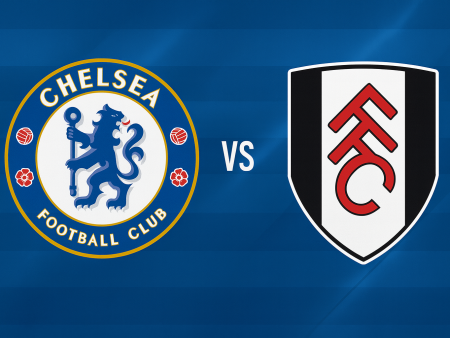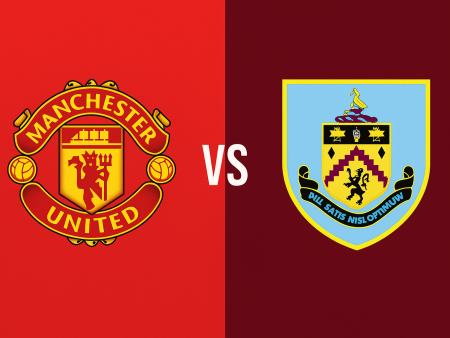Analysis: Borussia Dortmund's Victory Highlights Ongoing Defensive Issues
Borussia Dortmund secured another narrow win at Signal Iduna Park against 1899 Hoffenheim, extending their unbeaten start to the Bundesliga season. Despite the three points, familiar defensive weaknesses remained on display, particularly during transitional play and set-piece scenarios. While Marco Rose's era has brought tactical innovation and attacking flair, some persistent problems from previous managers have yet to be resolved.
Defensive Instability Despite Attacking Strength
Dortmund’s attacking prowess is rarely in doubt, with frequent high scores and dynamic movement up front. However, their ability to transition effectively from attack to defense continues to hamper their performances. During the match against Hoffenheim, these vulnerabilities allowed the opposition to equalize twice and threatened to snatch points, highlighting a pattern that has carried over from previous seasons.
Much of the difficulty comes from the side's verticality-numerous players push forward simultaneously, leaving the team exposed to counter-attacks. Without a cohesive structure behind the ball, opponents can break through with relative ease, placing extra pressure on the defensive line and goalkeeper Gregor Kobel, who was instrumental in preserving Dortmund’s lead.
Critical Need for a Defensive Midfield Enforcer
A significant contributor to Dortmund’s defensive woes is the lack of a robust defensive midfielder. Injuries have played a role, with Mats Hummels recovering and Mateu Morey sidelined long-term with an ACL injury. As a result, Axel Witsel has been utilized deeper, alongside defenders who lack pace.
Mahmoud Dahoud offers composure and distribution but struggles to cover ground quickly or physically dominate the midfield when isolated. In contrast, reintegrating players like Emre Can or Thomas Delaney could provide the necessary grit and mobility. Their energy and tenacity in midfield would help absorb opposition attacks, especially during transitional phases.
Currently, Marco Rose continues to prioritize attacking options like Gio Reyna and Donyell Malen in midfield partnerships, trading defensive stability for offensive potential. Even after surging ahead through Jude Bellingham’s crucial goal, substitutions favored forward movement rather than defensive consolidation.
Without a balancing presence in the holding midfield position, Dortmund are repeatedly left open to transitions, and the cycle of conceding goals from open play remains unbroken.
Persistent Weaknesses in Set-Piece Defense
Dortmund's defense from set pieces, such as corners and free kicks, has been problematic for multiple seasons. This vulnerability was particularly evident during Edin Terzic’s initial period as head coach and continues under Rose.
The team has conceded from a set piece in every Bundesliga match this season, often due to inadequate marking inside the penalty area, tight man-marking without aerial dominance, and habitual ball-watching that allows opponents to exploit flick-ons or rebounds. Frequent unnecessary fouls in dangerous areas only intensify this problem, providing skilled opponents with further opportunities.
Addressing these issues requires focused attention during training, ensuring players improve their organization, anticipation, and aerial prowess during defensive set pieces.
Standout Performances and Tactical Positives
Despite lingering defensive concerns, several players delivered impressive performances in the Hoffenheim matchup. Gregor Kobel, the team’s new goalkeeper, stood out with excellent reflex saves and command in goal, making decisive contributions to the victory.
Midfielder Jude Bellingham continued his dynamic form, scoring and assisting in the same match, underpinning both the team’s creative and scoring output. Marco Reus played an influential role with his energy and movement, while Donyell Malen showed promise up front by keeping all his shots on target.
The return of Raphael Guerreiro to the starting lineup also provided greater balance and variation in attack. With Guerreiro and Malen offering width, Dortmund avoided the excessive right-sided focus observed in earlier matches and created more diverse attacking patterns, even though the legendary Guerreiro-Sancho partnership remains unmatched.
Conclusion: Three Points but Familiar Problems Remain
Borussia Dortmund’s latest victory sees them temporarily atop the Bundesliga table and extends their unbeaten run. However, the win highlighted ongoing defensive issues that could undermine their campaign if left unresolved. For Dortmund to maximize their potential and maintain their position among Germany’s elite, greater attention must be given to defensive transitions, midfield structure, and set-piece defense.
With their attacking talent, Dortmund can outscore many teams, but improvements in organization and discipline are necessary for sustained success.













